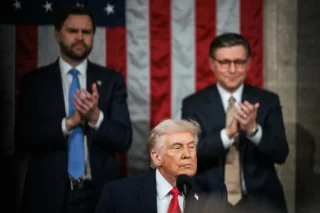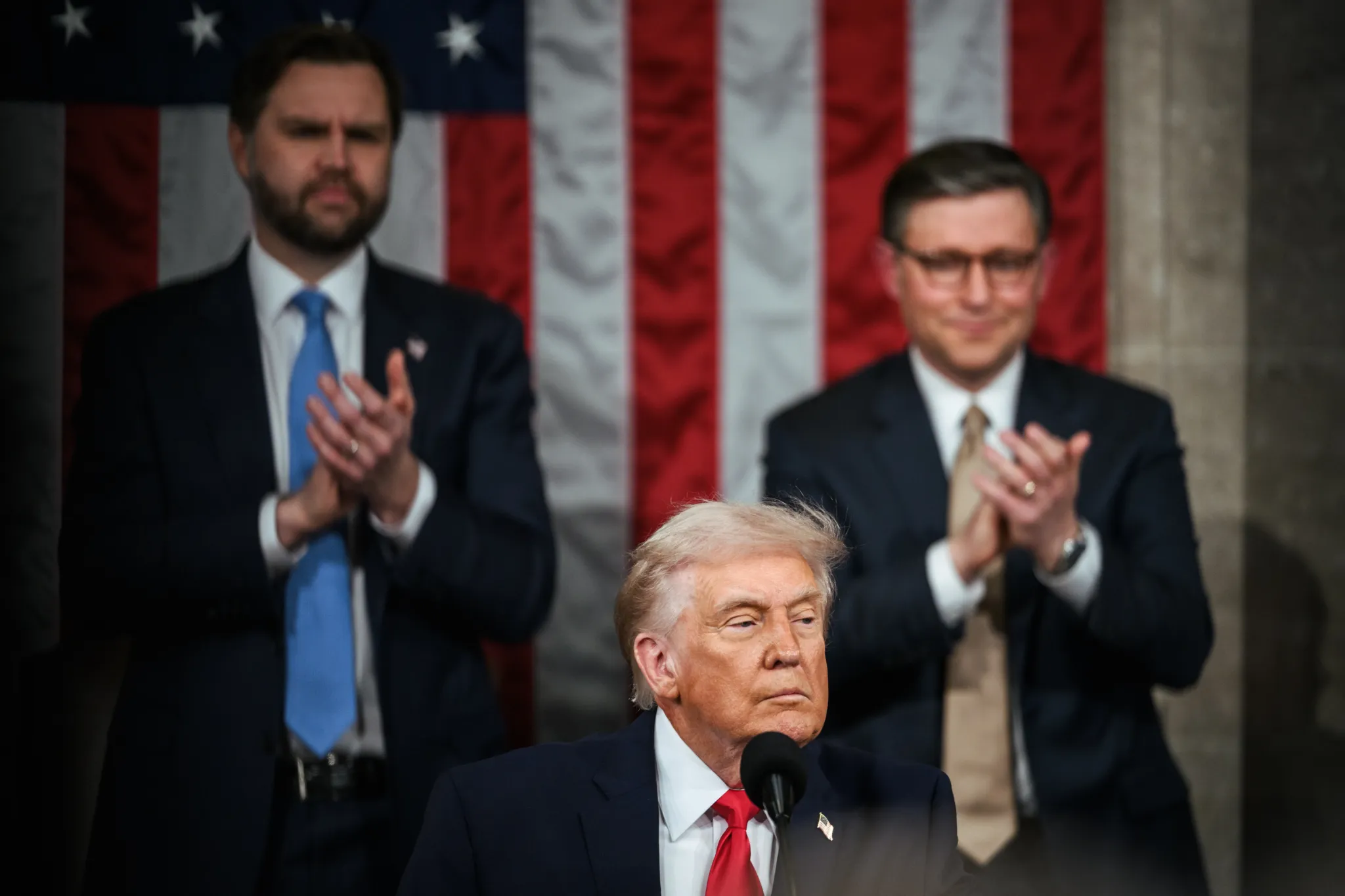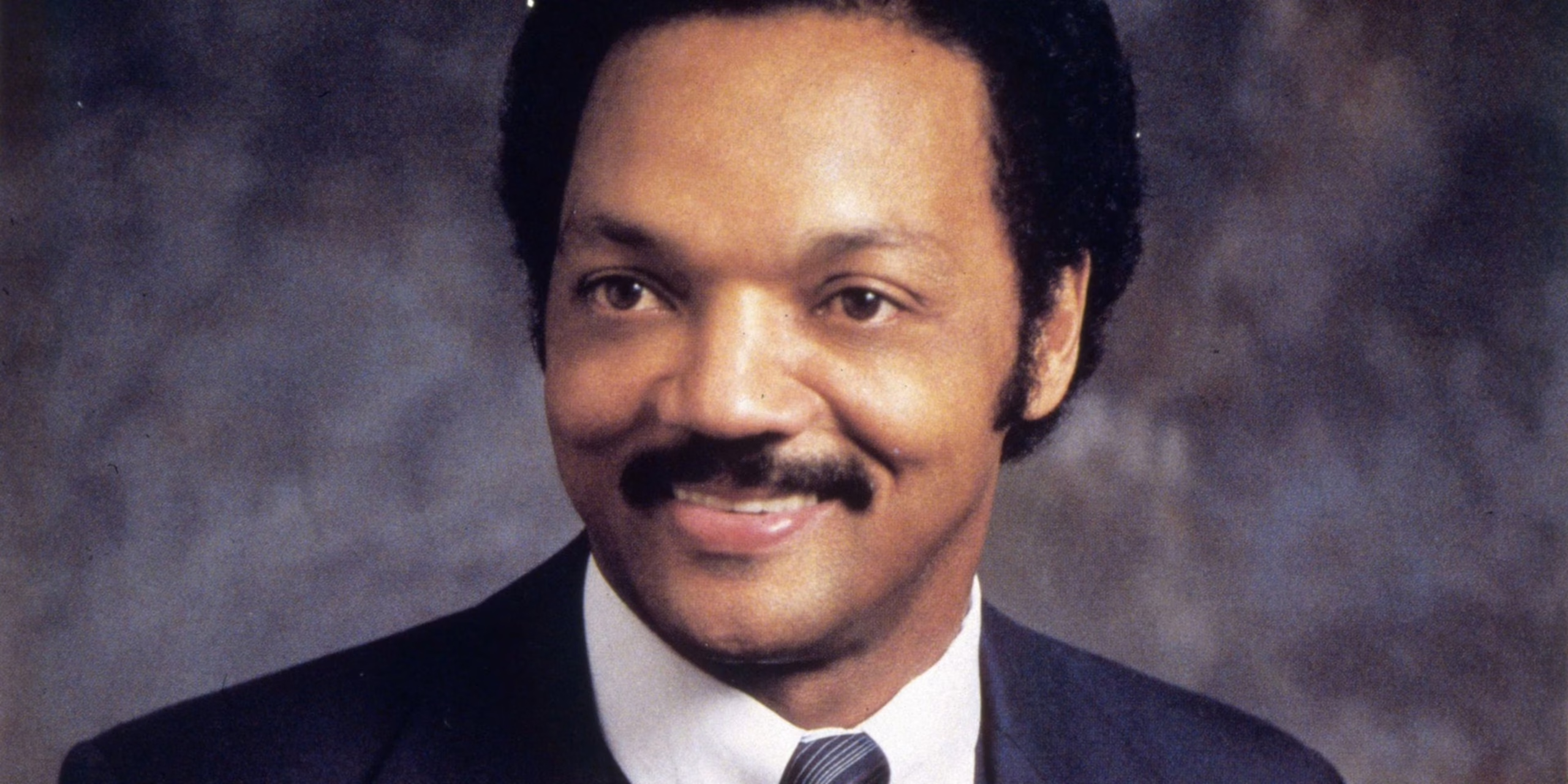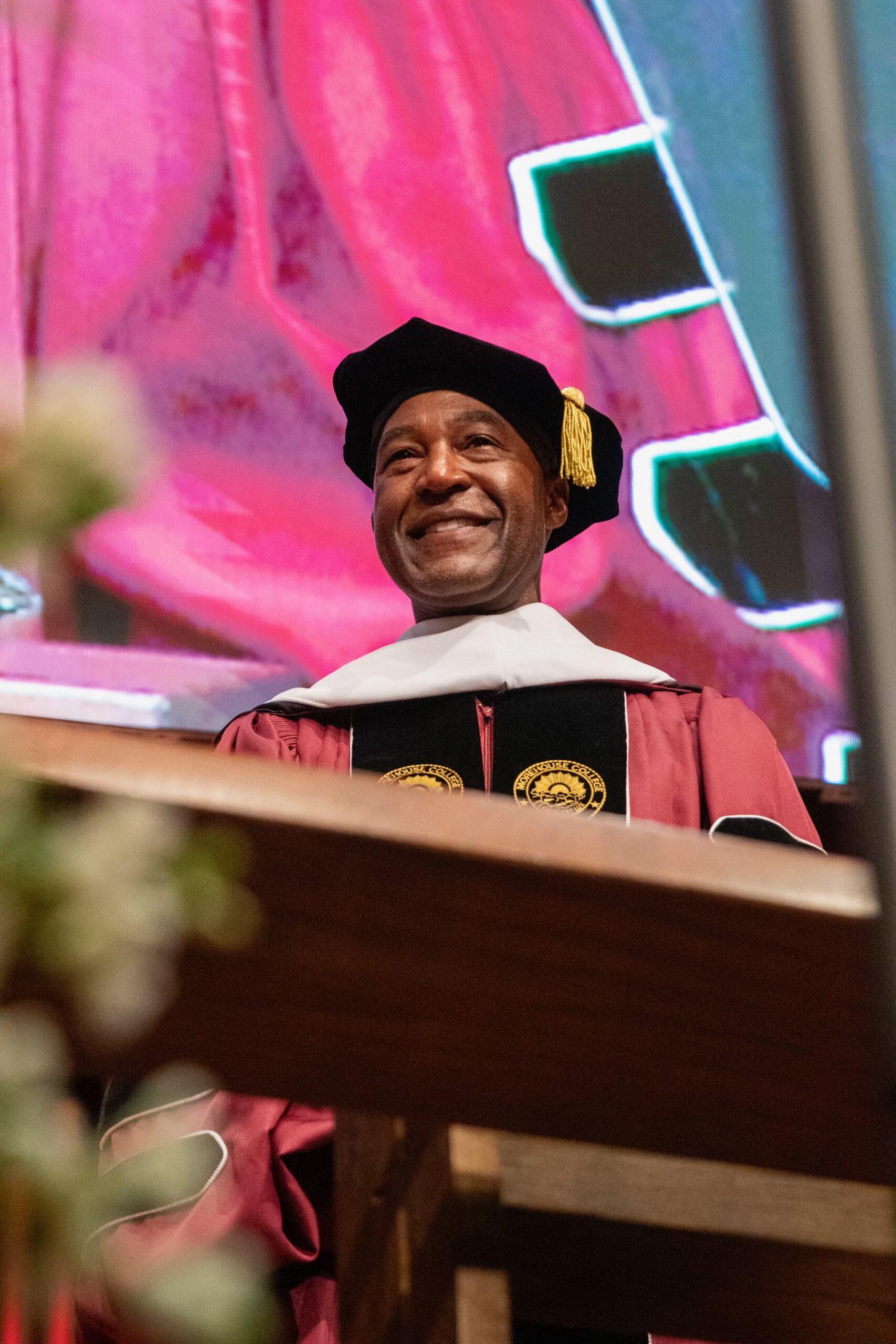Image by: MCNAA
By: Elijah Megginson Managing Editor In Print
Many HBCU students have experienced the nightmare of waiting hours in long lines for the financial aid office. Seeking tuition can often be a hassle for many students, Still, if students are diligent in their scholarship pursuits early on, it can make all the difference in financing school for the future.
On Saturday, June 15, The Morehouse College National Alumni Association (MCNAA) hosted a virtual workshop called “On the Road to College Success: Scholarship Success” led by Morehouse and Spelman students with the mission to educate young, Black students about the importance of scholarships, and providing resources on where to find them.
Michael Levesque, executive director of MCNAA, believes workshops like this are crucial for informing young people of college’s financial difficulties.
“College continues to be a very expensive pathway for all,” Levesque said. “The earlier that aspiring scholars understand that there are a multitude of options to help address affordability, the better off they will be. Many of the most competitive forms of financial assistance require scholastic achievement. So, workshops like this help them to understand that opting in early to do well in school is a good thing.”
MCNAA continues to remind Black students that there is an incredibly knowledgeable HBCU community behind them, that is dedicated to helping them reach their academic goals and financial needs.
The workshop opened with a panel discussion featuring Enjelica Reid, Relationship Manager, United Negro College Fund (UNCF); Keith Shoates, chief operating officer, Director of the Student Freedom Initiative; Rhonda Elmore, director of Donor Relations, Scholarships, and Endowment Administration, Morehouse College and LaShelle Franklin, executive director of the Williams-Franklin Foundation.
Following the panel, student-led presentations were conducted which covered four —key areas: the Purpose and Importance of Scholarships, Scholarship Research, the Do’s and Don’ts of the Scholarship Process and Nuances of Writing a Winning Scholarship Essay.
MCNAA has done extensive work in the past, engaging the HBCU community through various workshops, service projects, professional symposiums and outreach events. This workshop, in particular, focuses on tackling the unfortunate financial inequity that Black students face while pursuing higher education.
“When I was in high school and I was looking for ways to fund my education, I didn’t have a lot of guidance when it came to looking for scholarships and obtaining them,” said Spelman student and MCNAA leader Caira Coleman. It was a lot of trial and error. Being able to teach students how to gain scholarships has come full circle, as they received the guidance I never had.”
In order to receive government funding for undergraduate education, some students can fill out the Free Application for Federal Student Aid form (FAFSA), which may qualify them for the Pell Grant—the federal government’s largest aid program. This option is only available on a need basis.
Historically, Black students have had a greater need for financial aid than other groups. According to analysts at the National Center for Education Statistics, in 2016, 71% of Black students who needed a loan received one, compared to 56% of white students, 50% of Hispanic students and 31% of Asian students.
Despite the large number of Black families who have incurred student loan debt, Black students still have an average unmet financial need of $8,300, according to an analyst from Education-to-Workforce.
With an increase in unmet financial needs and loan debt, Black families bear a significant burden in funding their children’s education. Moreover, the recent Supreme Court ruling on affirmative action has underscored the critical role of HBCUs, positioning them as either an appealing choice or a vital lifeline for Black families. HBCUs were once the sole option and have consistently represented an attractive alternative since their establishment, but the court’s decision has renewed attention to their importance.
Chris Evans, parent and Morehouse alumnus, believes that HBCUs are a great decision, despite the financial difficulties sometimes involved in attending one.,
“The HBCU experience is so much greater than the classroom,” Evans said. “HBCUs give students a strong foundation that will support their excellence throughout their entire life. The nurturing environment prepares students to be both professionally and socially successful.
“HBCUs can be expensive when compared to traditional state colleges. HBCUs and their alumni need to work on building their endowments to provide more scholarship opportunities to students,”
HBCUs historically are underfunded, with lower endowments compared to predominantly white institutions (PWIs). John Silvanus Jr.’79, Morehouse College’s 11th President and head of the White House Initiative on Historically Black Colleges and Universities, said in an NPQ article that 100 HBCUs combined raise roughly $3 to $4 million per institution all year, compared to PWIs like Harvard, Yale and Stanford, which can raise $3 to $4 million per day.
MCNAA persists in showing students and families that achieving their collegiate dreams at an HBCU is still very much attainable, but they must not be naive about the reality of HBCUs.
“Many HBCUs have limited endowments/scholarships,” Elmore said. “The funds we do have to award are limited, and we cannot assist everyone. Students and families need to seek outside scholarships and grants on their own to assist in paying the cost of attendance at an HBCU. We need our alumni to start giving back.”
Despite this, Summer Cartwright, a workshop participant, thought the session was invaluable. “My favorite part of the workshop was the students as they gave personal insight on certain things and how it affected them,” Cartwright said.
“Money plays an important role for my family when picking schools, as my father’s job does not have a set salary and can be terrible at times leaving us with financial issues most of the time.”
MCNAA workshops continue to provide Black youth with tools and information that will allow them to make well-informed decisions that will affect them for the rest of their professional lives.















